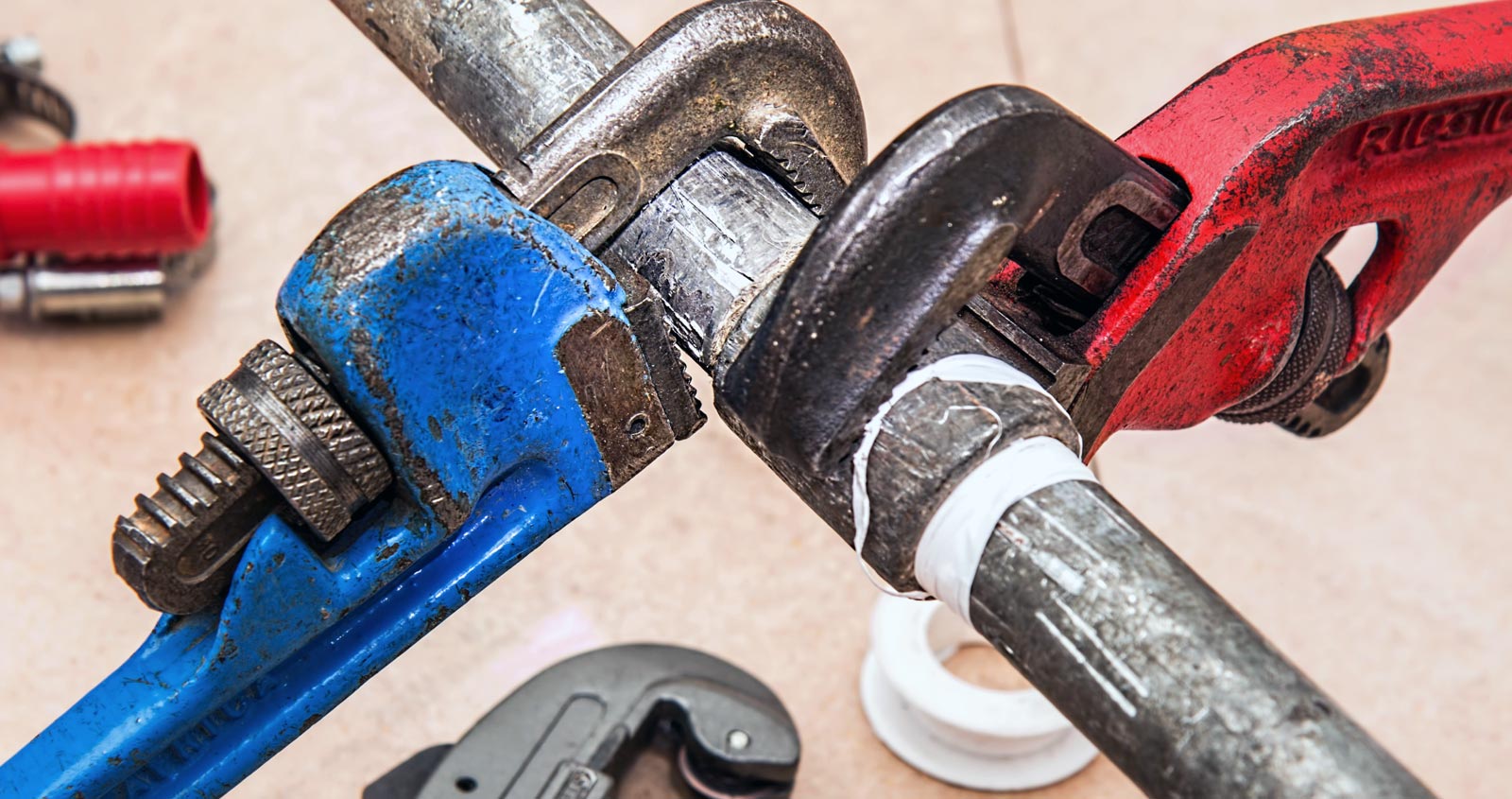Plumbing issues can be challenging, expensive, and time-consuming.
You may be capable to fix some things on your own, but if not, being able to diagnose the problem will make it easier for you to hire a professional to get the task done. Here are a few common plumbing predicaments you may encounter and ways to overcome them.
Broken pipes
Across the country, numerous municipalities confront aging infrastructure, notably water pipes reaching the conclusion of their functional life. While a significant portion of pipe renewal rests within the purview of the city, a share of the financial burden will be borne by community members. Should you detect indications of a substantial leak—such as diminished water pressure, damp patches in your yard, or the presence of a sewer odor indoors—don’t hesitate to promptly engage a plumber.
Leaking faucets
Dripping faucets not only inflate your water bill but also pose potential harm if concealed pooling goes unnoticed. Even a gradual drip could amount to a weekly expense of $20. Typically, a leaky faucet stems from a flawed seal within the pressure-controlling valve of your water supply. To rectify this issue, first, deactivate the water supply and disassemble the faucet. Typically, a worn seat washer is the culprit. When purchasing a replacement, ensure its size matches exactly by taking the old washer along with you.

Slow drains
When faced with a solitary sluggish drain, it’s probable that a localized blockage is to blame. Your initial action should involve a thorough assessment of the drain to identify any visible obstructions. Should none be found, employing a plunger becomes the next step. Utilize either a toilet plunger or opt for one designed explicitly for sinks. If this proves ineffective, consider pouring a half cup of baking soda followed by an equal amount of vinegar down the drain. Allow this mixture to settle for a couple of hours before flushing with boiling water. Suspecting grease as the culprit? Combine half cups of salt and baking soda, followed by a pot of hot water, leaving it overnight. For persistent drainage issues, contemplate arranging an inspection and potential replacement of the pipes.
Slow drains
When a single drain slows down, it’s often due to a localized clog. Begin by examining the drain for any noticeable blockage. If none is found, attempt clearing it with a plunger – you can use a toilet plunger or opt for one designed for sinks. If this proves ineffective, consider a solution involving half a cup of baking soda followed by half a cup of vinegar. Allow this mixture to settle for a few hours, then flush with boiling water. For suspected grease issues, use half a cup of salt and half a cup of baking soda, followed by hot water, leaving it overnight. Should persistent drainage problems persist, it’s wise to consider a thorough inspection and potential replacement of the pipes.

 Facebook
Facebook
 X
X
 Pinterest
Pinterest
 Copy Link
Copy Link



